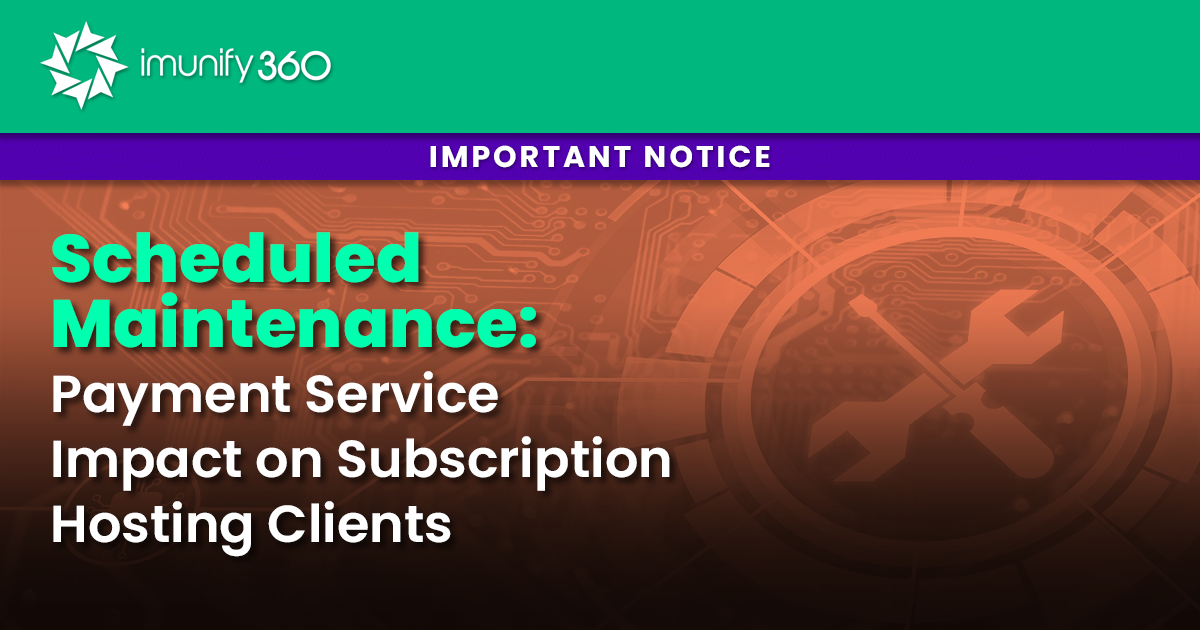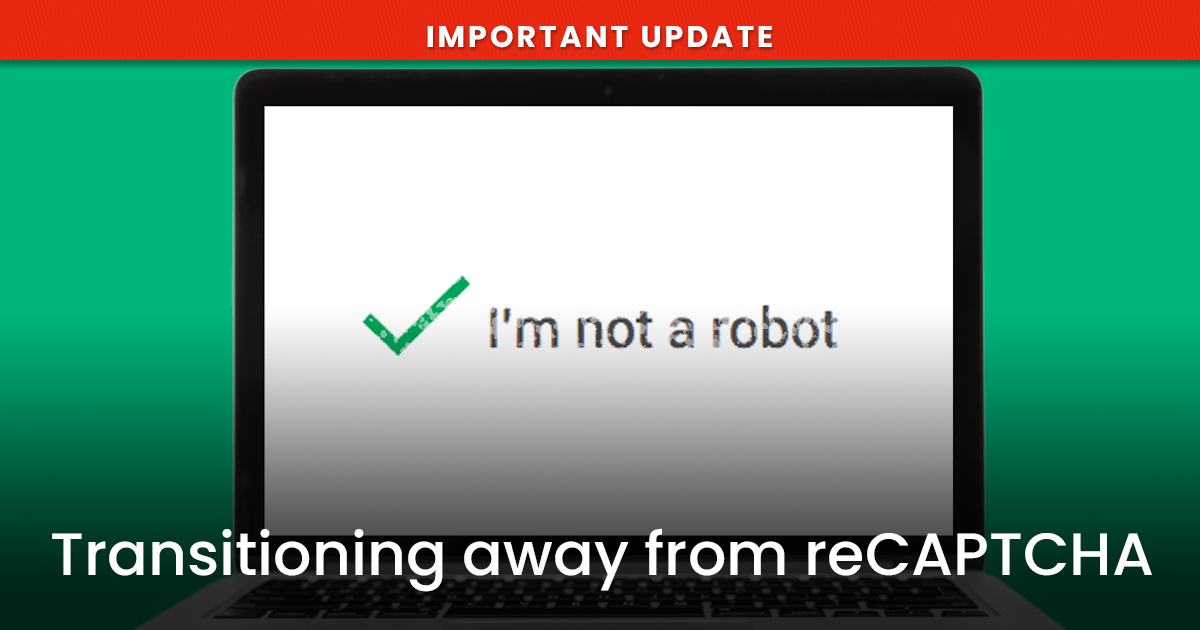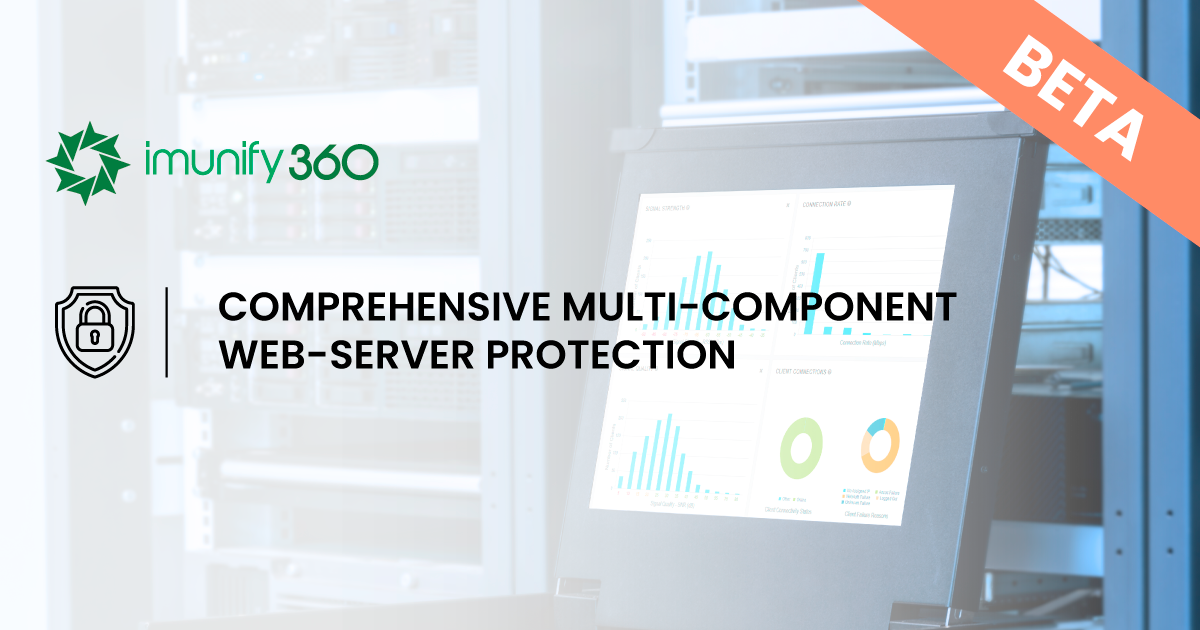
Looking for top-tier security solutions backed by a community of experts? Welcome to Our Community Forum – your gateway to transparent solutions, expanded resources, and collaborative innovation.

For years, cybersecurity has been reactive - incidents were identified and remediated after discovery. But having a reactive strategy means that you often clean up after the damage has already been done. It only takes a few minutes for attackers to exfiltrate data, so a reactive strategy is no longer the best practice due to the massive revenue loss after a breach. Instead, organizations should push towards a proactive approach to stop attackers before they can do any damage and steal data. The article covers the following topics:

The detection rates of anti-malware and antivirus scanners varies considerably. Knowing how to manually scan for and remove malware is an important and useful skill with which to confirm a scanner's effectiveness or compensate for its failings. In this article, Andrey Kucherov, Malware Analyst at Imunify360, describes some essential manual website malware detection and cleanup techniques.

The web hosting industry is growing fast, preparing to offer more services and options than ever before. This includes everything from shared and dedicated hosting to VPS and Managed WordPress hosting. While shared hosting is still a favorite for many because of its affordability and ease of use, the move towards offering a wider variety of hosting options shows the industry's shift towards more tailored and flexible services.

We're reaching out to inform you about an upcoming disruption to our payment services due to essential system maintenance.

On April 1st, Google will implement a new pricing model that will significantly reduce the free tier usage of reCAPTCHA and introduce new prices for the reCAPTCHA Enterprise service. Although reCAPTCHA offers decent bot protection, it is not without its flaws, yet remains quite effective. However, we at Imunify360 have decided to discontinue its use within our protection suite. This decision stems not solely from the new costs associated with its use, but more importantly, because we have developed our own bot protection technology, SplashScreen, which our recent research has shown to be as effective as Google’s reCAPTCHA.
UPD: WebShield 1.25.0 was first released to Beta on March 26 with included updates DEF-27382 PoC for the Get rid of reCaptcha epic/DEF-27508 Test&merge get rid of reCaptcha to master.
Starting from WebShield the 1.25.0 release, the Imunify360 JS challenge is used for the requests from the IPs that were graylisted.

Securing a server requires the right configurations, but securing a server that protects your data and all other customers hosted on the server is much more complex. Without the right tools, a hosting provider would need several technicians to handle customer tickets, analyze the problem, and remediate cybersecurity issues. Imunify360 monitors, stops, and remediates many common exploits, saving server administrators time and owners' money. In this article you will discover the following:


We are glad to announce a new feature in the Imunify360 latest release that enhances your server security by introducing improved DENY mode for the firewall. The feature empowers you to selectively whitelist specific IP addresses or subnets for access to designated ports, providing a granular level of control over your server's security settings.
Attention WordPress enthusiasts! The much-anticipated WordCamp Phoenix 2024 is just around the corner, and it’s shaping up to be an event you won’t want to miss. Scheduled for February 9-10 at Phoenix College in Arizona, this event promises to be a melting pot of ideas, innovations, and insights in the world of WordPress.

.png?width=115&height=115&name=pci-dss%20(1).png)
